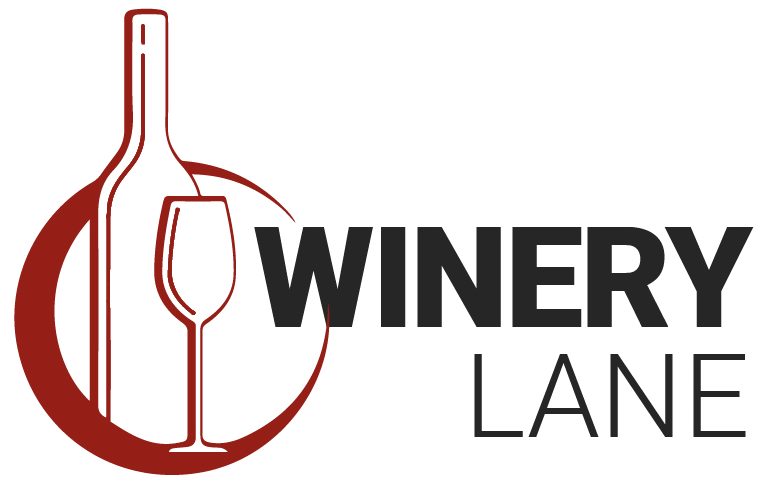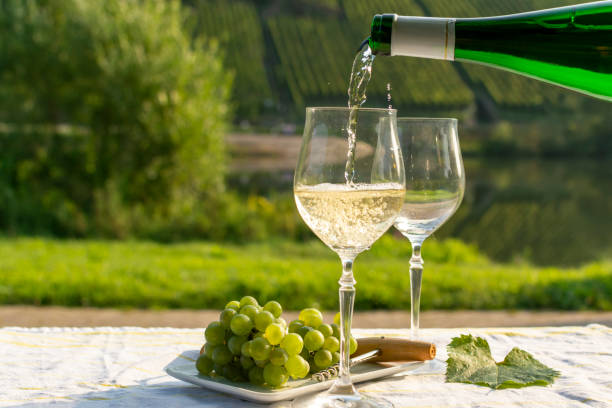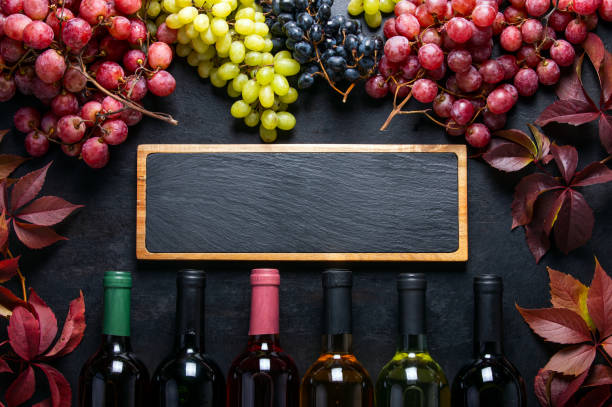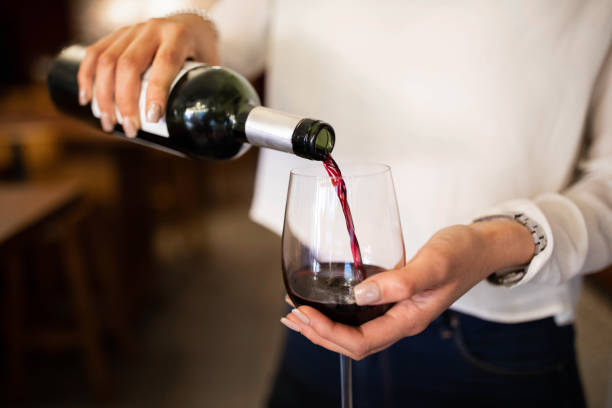Wine, a beverage that has been cherished for centuries, continues to captivate enthusiasts around the globe. Its rich history, diverse flavors, and cultural significance make it a timeless symbol of sophistication and indulgence. As we look ahead into the future of wine, we find ourselves at an intriguing intersection of tradition and innovation. In this article, we explore the evolving landscape of the wine industry, the trends shaping its trajectory, and the exciting possibilities that lie ahead.
The Evolving Palate: One of the most fascinating aspects of wine is its ability to evolve and adapt to changing consumer preferences. While traditional wine-producing regions like France, Italy, and Spain continue to set the standard for quality, we are witnessing a growing interest in wines from emerging areas such as South America, Australia, and New Zealand. These regions offer unique terroirs and grape varieties that appeal to adventurous wine enthusiasts seeking new taste experiences.
Moreover, the rise of organic and biodynamic farming practices reflects a broader shift towards sustainability and environmental consciousness in the wine industry. Consumers are increasingly drawn to wines that are not only delicious but also produced in harmony with nature. Winemakers are embracing organic viticulture, eschewing chemical pesticides and fertilizers in favor of natural alternatives, resulting in wines that are not only better for the environment but also boast enhanced flavors and aromas.
Technology and Innovation: Advancements in technology are revolutionizing every aspect of the wine industry, from vineyard management to winemaking techniques and marketing strategies. Precision viticulture, powered by drones, satellite imagery, and sensor technology, allows growers to monitor soil moisture, nutrient levels, and grape ripeness with unparalleled accuracy, optimizing yields and minimizing environmental impact.
In the winery, innovations such as temperature-controlled fermentation tanks, inert gas storage systems, and micro-oxygenation devices enable winemakers to exert greater control over the winemaking process, resulting in wines that are more consistent in quality and flavor. Additionally, the use of oak alternatives, such as oak chips and staves, provides winemakers with greater flexibility in imparting oak flavors to their wines while reducing costs and production time.
On the marketing front, the rise of e-commerce and social media has transformed the way wine is bought and sold. Online wine retailers offer consumers access to an unprecedented selection of wines from around the world. At the same time, social media platforms provide wineries with powerful tools to engage with their audience and build brand loyalty. Virtual tastings, live-streamed events, and influencer partnerships are just a few examples of how wineries are leveraging technology to connect with consumers in new and exciting ways.
Embracing Diversity and Inclusivity: The wine industry has traditionally been perceived as elitist and exclusive, but there is a growing recognition of the need for greater diversity and inclusivity. Women winemakers, sommeliers, and industry professionals are increasingly making their mark, challenging long-held stereotypes and reshaping the narrative around who belongs in the world of wine.
Furthermore, efforts to promote diversity in grape varieties and wine styles are gaining momentum. Indigenous grape varieties that were once overlooked are now being celebrated for their unique flavors and cultural significance. Similarly, natural wines, made with minimal intervention and often using ancient winemaking techniques, are gaining popularity among consumers seeking authentic and artisanal products.
Looking Ahead: As we look ahead to the future of wine, one thing is clear: the possibilities are endless. From technological innovations that promise to revolutionize the way wine is produced and consumed to a growing emphasis on sustainability, diversity, and inclusivity, the wine industry is undergoing a period of rapid transformation.
However, amidst all the change and uncertainty, one thing remains constant: the timeless appeal of wine as a symbol of celebration, communion, and enjoyment. Whether enjoyed with a simple meal or savored on a special occasion, wine has a unique ability to bring people together and enrich our lives in ways that few other beverages can.
As we raise our glasses to toast the future of wine, let us embrace the spirit of innovation and tradition that has defined this ancient elixir for centuries, confident in the knowledge that the best is yet to come. Cheers to the journey ahead!




